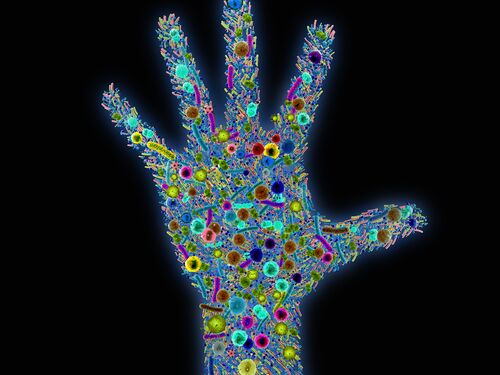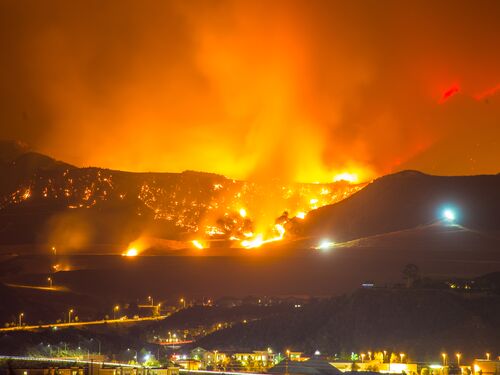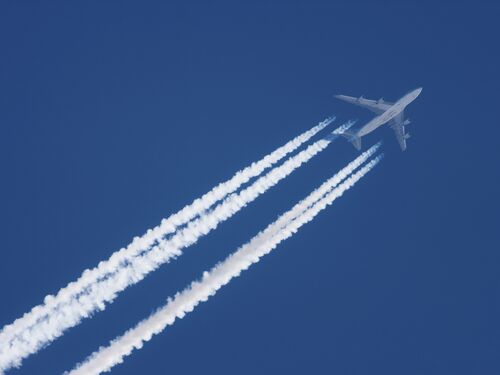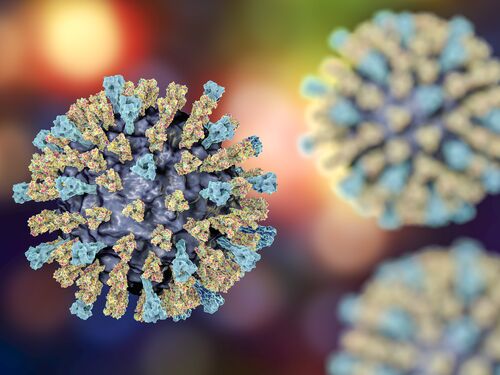Are all microbes dangerous?
Based on Science
Most microbes either help human health or do not affect people’s health one way or the other. Of the millions of types of microbes in the world, only a few make us sick.
Last update May 20, 2022
Microbes are all around us.
Microbes are organisms that are too small to see with the naked eye. They have inhabited Earth for billions of years and may be the earliest life forms on the planet. Microbes live in soil, water, air, plants, rocks, and animals. They even live in extreme environments such as hot springs, deep ocean thermal vents, and Antarctic ice.
Microbes also live in and on us, including on our skin, in our gut, and in all of our mucous membranes.
Microbes help us survive.
Many microbes that live in and around our bodies have no effect on our health. Others are crucial to our survival.
Many basic bodily processes depend on the trillions of microbes that colonize the human body beginning at or shortly after birth. For example, bacteria living in our gut make vitamins and digest food into nutrients that we can absorb. They also can also break down toxins that we may ingest. Some of the microbes living in our bodies help us fight against disease-causing organisms, called pathogens, by competing against them for space. This relationship helps to protect us from getting diseases while giving the helpful microbes a place to live. In fact, microbes are so important to our health that we can become sick if the amount or types of microbes living inside us change too much.
Microbes not only help our bodies function, they make life on Earth possible. Billions of years ago, microbes started converting carbon dioxide in the air and oceans into sugars, releasing oxygen into Earth’s atmosphere as a byproduct. Eventually enough oxygen built up in the atmosphere to make it possible for larger forms of life like humans to evolve. In addition to using the sun’s energy to make the oxygen we breathe, microbes convert nitrogen and other nutrients into forms that plants can use to grow. Just as they help our immune systems, they live in soil and work together to protect plants from pests and diseases. Microbes naturally produce an amazing variety of chemicals, and many of those chemicals have been used by scientists to create new medicines. Some microbes produce chemicals that can be used to clean up pollution, such as gasoline leaks, oil spills, sewage, and nuclear waste.
Some microbes cause disease.
Of the millions of types of microbes on the planet, pathogenic microbes make up only a very tiny fraction. Pathogens can make us sick. These pathogenic bacteria, virus, and other microorganisms cause infections or make toxins that harm our bodies. Many of the symptoms that make a person suffer during an infection—fever, malaise, headache, rash—result from the activities of the immune system trying to get rid of the infection in the body. If our immune system overreacts or cannot control the infection, these microbes can cause serious illness and even death.




